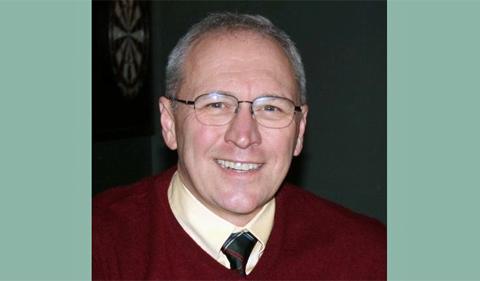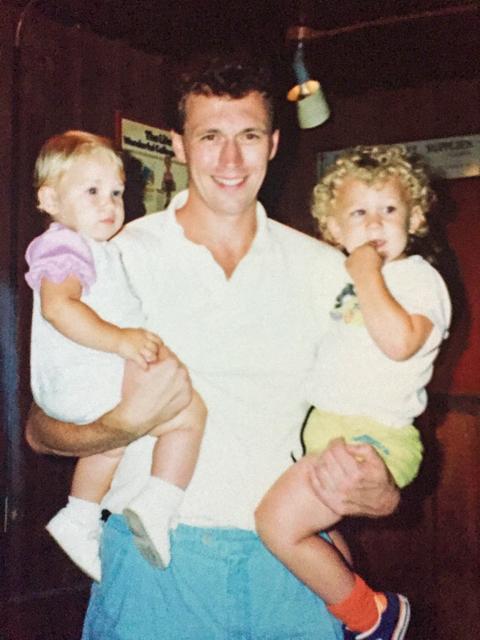
Notable Alumni | Timothy Coleman Tackles Health Issues from Allergies to Oncology

Editor’s Note: The College of Arts & Sciences Notable Alumni Awards honor alumni for broad career accomplishments, commitment to community service, and valuable contributions to Ohio University and the College of Arts & Sciences.
Timothy Coleman ’91 Ph.D. Molecular and Cellular Biology
Timothy Coleman’s scientific expertise in the life sciences market combined with an innate business acumen has propelled him through many new product development efforts. His current company is developing vaccines for allergies and a new cancer immunotherapy platform.
He is Vice President of Operations at Immunomic Therapeutics Inc. in Rockville, MD, where he leads the in-house process and analytical method development activities for their proprietary LAMP-fusion plasmid DNAs used in pre-clinical studies. He is also responsible for the identification and selection of contract development and manufacturing organizations (CDMOs) contracted to produce material for clinical evaluation. As a member of the Leadership Team, he contributes to the development of the corporate strategy and reports on progress against corporate goals.
Coleman received his bachelor’s degree in Zoology from Rutgers-Newark, earned a Ph.D. in Molecular and Cellular Biology in 1991 from the College of Arts & Sciences at Ohio University, and completed his post-doctoral training in the lab of Dr. Craig Rosen at the Roche Institute of Molecular Biology.

Coleman has published 41 articles and is PI or co-PI on more than 20 issued patents. He also served on the Board of Advisors for MODA Technology Partners, Wayne, PA, and on the Business Advisory Board of Immunomic Therapeutics from 2007 – 2011 prior to joining the company in 2015.
He is a scientist and senior manager with more than 30 years of experience in biotechnology and biopharmaceutical organizations. He is a technical leader with strong domain knowledge. Coleman has experience building and managing teams, developing business strategies, structuring alliances and executing programs in research & development, manufacturing and quality control.
As one of the group of founding scientists at Human Genome Sciences, Coleman contributed to the clinical development of several therapeutic protein projects. He was team lead on a project exploring the application of a plasmid DNA for use in Transient Gene Therapy. He served as the Vice President of Research & Development at Correlogic Systems, where he managed the development of OvaCheck™, a serum proteomic test for the early detection of ovarian cancer. In 2005, he joined Lonza (Walkersville, MD) as a member of the site leadership team, initially serving as Senior Director of QC Testing Services, where he was responsible for in-process and product release testing of both non-regulated and regulated products including several novel client-specific cell therapy products. He then moved into the role of Global Director of Analytical Technologies where he was responsible for identifying and developing innovative technologies involved in cell characterization and rapid microbial test methods.
OHIO Memories
“There are almost too many good memories of my time in Athens…. Certainly the birth of my first two children while pursuing my Ph.D. ranks up there,” says Coleman.

“From the Kopchick Lab, I recall the camaraderie that we established at the Edison Animal Biotechnology Center (EABC, predecessor to the Edison Biotechnology Institute) on Wilson Hall, West Green. It was a converted dorm building. I also recall the day that my lab-mate, Wen Chen described the preliminary data with one of his growth hormone mutants in mice…. They were trying to make a really big mouse and he got really small mice. This of course lead to the discovery of the GH Antagonist (Somavert), which has brought international attention to OU and the Kopchick Lab. Wen didn’t want to tell John about the results because he thought he would be disappointed. After some encouragement I convinced Wen that the results would speak for themselves…and the rest, as they say, is history!”
